Some 50,000 people took to the streets on Sunday, May 4, in peaceful protest on behalf of the unborn, walking from Piazza della Republica to St. Peter’s Square. The event concluded with the Regina Caeli blessing by Pope Francis, who welcomed all the participants in this year’s March.
Sunday’s March for Life was preceded by a conference the day before to gather the international leaders in the pro-life movement together to discuss several themes, namely: outreach to the public, outreach to religious leaders, and outreach to politicians.
Speaking ahead of the event, March for Life’s founder Virginia Coda Nunziante spoke about the aims of this year’s March and some of the long-term goals for the pro-life movement internationally.
Where does Italy as a whole stand on the issue of abortion at this point in time?
Virginia Coda Nunziante: Italy and Italians are facing the problem of abortion, and the March for Life has helped a lot in this because it is an open event in the public square.
I hear many young women saying: But we never really understood what abortion was like. This is because, what they’re taught in school, and in the university usually, is something different from what abortion really is. So, having an event on the street has helped them consider what abortion really is.
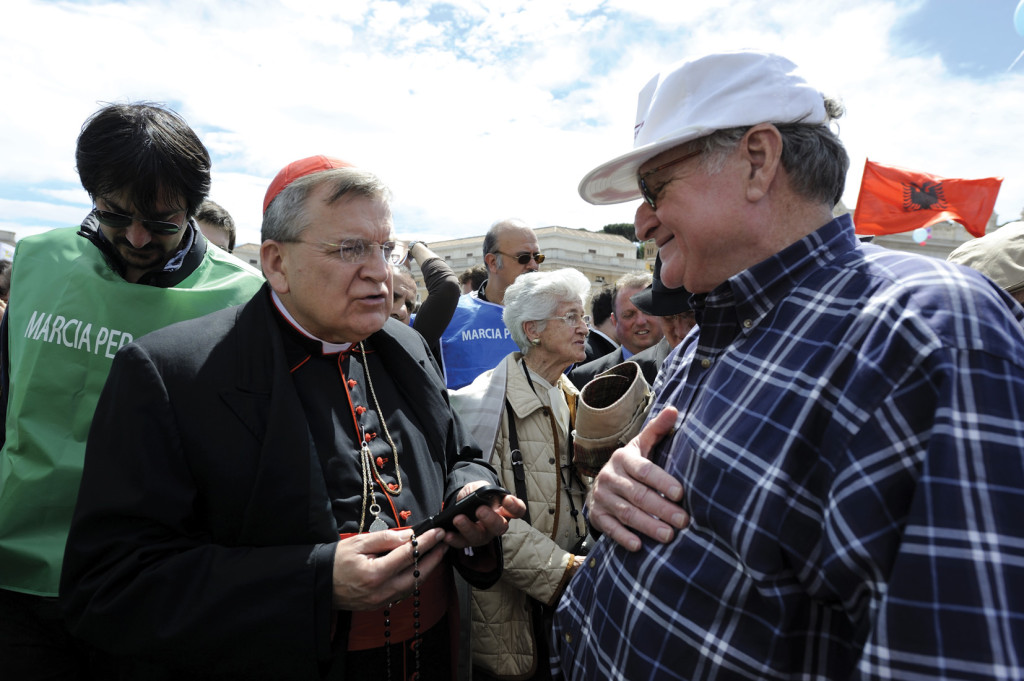
U.S. Cardinal Raymond Burke, Prefect of the Apostolic Signatura and a former archbishop of St. Louis, during a May 4 pro-life demonstration in St. Peter’s Square. Catholic politicians and judges who support laws in conflict with Church teaching on abortion, commit “sacrilege” and cause “grave scandal” if they receive Communion, the cardinal told an international conference of pro-life organizations on May 3.
Because Italy has a very low birth rate, perhaps one of the lowest in Europe, [abortion] affects the general situation of the Italian people. There are not enough births to replace [the population]. Young people are interested in this issue and understand that it is also something that concerns their future.
Of course there are many associations that work on abortion issues. That said, now, in the 40 years since we’ve had abortion in Italy, it is time to have something that can have an impact on a public level. Otherwise, it will always remain within private [pro-life] associations that do their work and do it very well, but it is not enough to let more people know.
What is different this year?
Coda Nunziante: A great change that we had this year is that there have been new elections in Rome, and so the mayor of Rome has changed. The previous mayor – Giovanni Alemanno – both years has supported the March, and came to the March. Last year he also made a brief speech before the beginning of the March, and so he helped in different ways.
This year we have a new mayor, and this new mayor is very much against all pro-life issues. I would say that he’s very much against all non-negotiable values. He’s in favor of euthanasia, he’s in favor of abortion, he’s in favor of [same-sex] weddings – all the things that John Paul II and Benedict XVI have fought against, he is in favor of. This is why we don’t have his support, or the support of the city of Rome. And of course, this is something that we need for this event.
Could you speak about the conference that preceded this year’s March for Life?
Coda Nunziante: This conference was the idea of three different international organizations in defense of life. Two of them attended last year’s March here in Rome. Usually they attend Marches from all over the world and cover these issues.
One of them is Life Site News, and the other one is Human Life International.
These two associations organized the conference along with the Association for the Defense of the Family in New Zealand.
[They thought it would be very] important to have a meeting every year of all pro-life leaders in the world.
Their idea is to invite all pro-life leaders from all around the world to come and meet in Rome in order to know each other better, to know what the others are doing, to learn from the others’ experiences, and also to have a common goal for the future.
They invited Cardinal Burke, who is of course one of the main religious leaders in defense of life. He’s always supported our March, and he’s always supported the American March for Life.
They also invited George Weigel, the official biographer of John Paul II, who [was] here in Rome for the canonization. He [delivered an address] on the importance of Evangelium Vitae by John Paul II in the pro-life fight of today.
What fruits do you hope will come from this meeting?
Coda Nunziante: As a result of this congress, the Italian March will probably become an international March that will take place in Rome.
This is something that will be possible and I think it will be very interesting for the pro-life movements in the world, to have a place to meet at least once a year, and also to be more united.
We have to learn from our enemies, that when we have to fight something — as with gender issues and other issues — they are very united and they work throughout the whole world imposing their agendas.
We should do the same in the pro-life movement: we have to have the same agendas, and [present] them to the whole world.
Would you say that the canonization of John Paul II will help to bring new attention to the importance of life issues?
Coda Nunziante: John Paul II, with his Evangelium Vitae, gave strong support to the pro-life fight. In fact, this is the reason why George Weigel was asked to speak about this because, after Humanae Vitae of Paul VI, [Evangelium Vitae] was the second most important document on that issue.
For all the pro-life movement, I think it is extremely important to reflect on this and see how John Paul II, and then Benedict XVI, insisted on the defense of life as the primary right of the human being.
If we don’t give the right to life, as with abortion, then there will be no other rights possible.
Cardinal Burke’s Address to International Pro-Life Conference in Rome (Excerpts)
Rome, May 3, 2014
First of all, I wish to thank the organizers of today’s international meeting for the promotion of the apostolate of respect for human life. It is my desire, by my presence and with my words, to pay tribute to your tireless work in defending and fostering the inviolability of innocent and defenseless human life from the moment of conception until the moment of natural death.
It is especially fitting that our meeting is the prelude for the Fourth March for Life in Rome, at which, in the City of Saints Peter and Paul, so important and beloved in all the world, an international gathering will give strong and public witness to the unchanging truth about human life.
My reflection addresses the perennial newness of the announcement of the good news about human life, made in the image and likeness of God…
My reflection centers upon the remarkable articulation of the good news regarding human life by Pope Saint John Paul II in his Encyclical Letter Evangelium Vitae. The opening words of the Encyclical Letter underline the critical importance of the daily proclamation of the Gospel of Life: “The Gospel of life is at the heart of Jesus’ message. Lovingly received day after day by the Church, it is to be preached with dauntless fidelity as ‘good news’ to the people of every age and culture.”
The first and most fundamental way of radiating the truth which Our Lord Jesus never fails to teach us in the Church is a strong witness to the inviolable dignity of all human life, from the moment of conception to the moment of natural death. The personal conversion and the transformation of the world to which we are called by Christ must, first of all, find expression in the safeguarding and fostering of every human life, especially of “the least of these my brethren,” in accord with Our Lord’s Parable on the Last Judgment…
The Church, the Mystical Body of Christ, at the very core of Her being expresses the unconditional, immeasurable, and unceasing love of God the Father for every man. The pierced Heart of Jesus and the blood which flowed therefrom is a sign of the “rivers of living water” which never cease to flow from the glorious Heart of Jesus into the hearts of all believers, and from their hearts to the hearts of all men…
The degree of secularization to which Pope Paul VI referred with concern in 1975 only continues to increase exponentially, also due to a grave impoverishment or even lack of adequate catechesis in the Church during the past four decades…
The Natural Moral Law
The first constitutive element is the truth about the inviolability of innocent human life written in every human heart. In other words, the first constitutive element of the Gospel of Life is the natural moral law, of which the first precept is the safeguarding and promotion of human life. At the very beginning of Evangelium Vitae, Pope John Paul II made clear the relationship of the Church’s teaching regarding human life to the moral law which can be known by reason. He declared: “The Church knows that this Gospel of Life, which she has received from her Lord, has a profound and persuasive echo in the heart of every person — believer and non-believer alike — because it marvellously fulfils all the heart’s expectations while infinitely surpassing them. Even in the midst of difficulties and uncertainties, every person sincerely open to truth and goodness can, by the light of reason and the hidden action of grace, come to recognize in the natural law written in the heart (cf. Rom 2:14-15) the sacred good of human life from its very beginning until its end, and can affirm the right of every human being to have this primary good respected to the highest degree. Upon the recognition of this right, every human community and the political community itself are founded.”…
It is my hope that these reflections inspired by the Encyclical Letter Evangelium Vitae have helped to underscore the fundamental place of the Gospel of Life in the new evangelization which must transform the life of the Church and, through the transformation of the life of the Church, the life of society.
Most of all, I hope that they will lead to a new reading of the Encyclical Letter as the inspiration and guide for all labors to overcome the culture of violence and death and to advance the civilization of life and love.
—Raymond Leo Cardinal BURKE

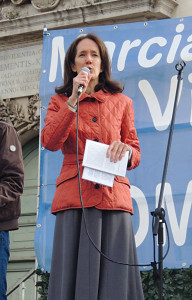
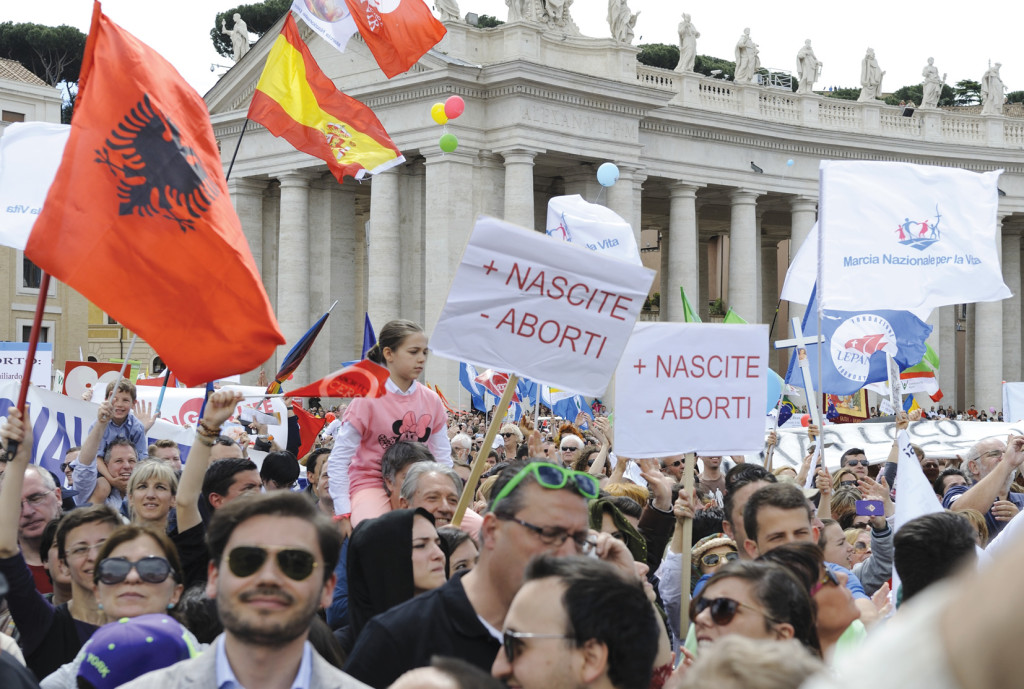
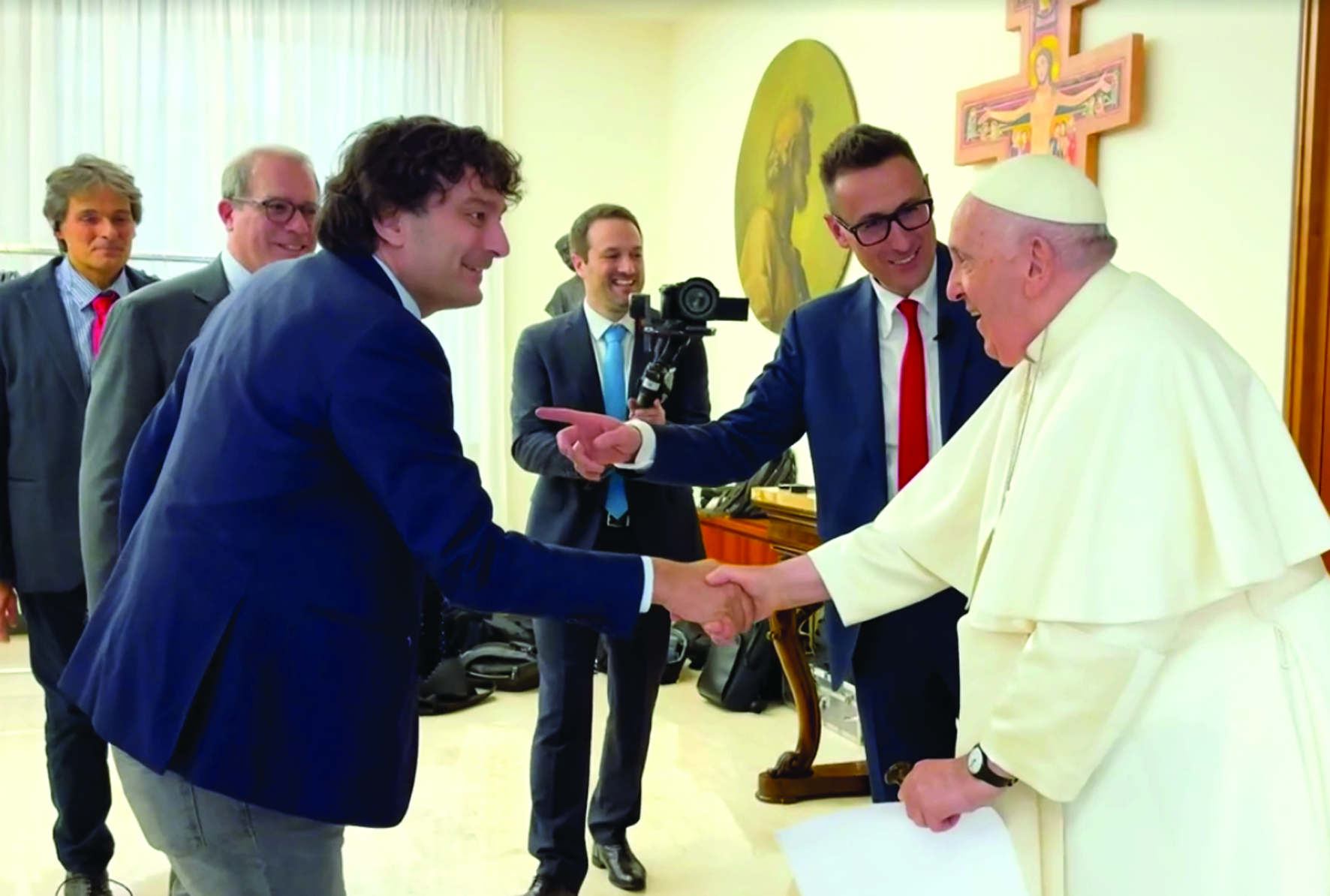
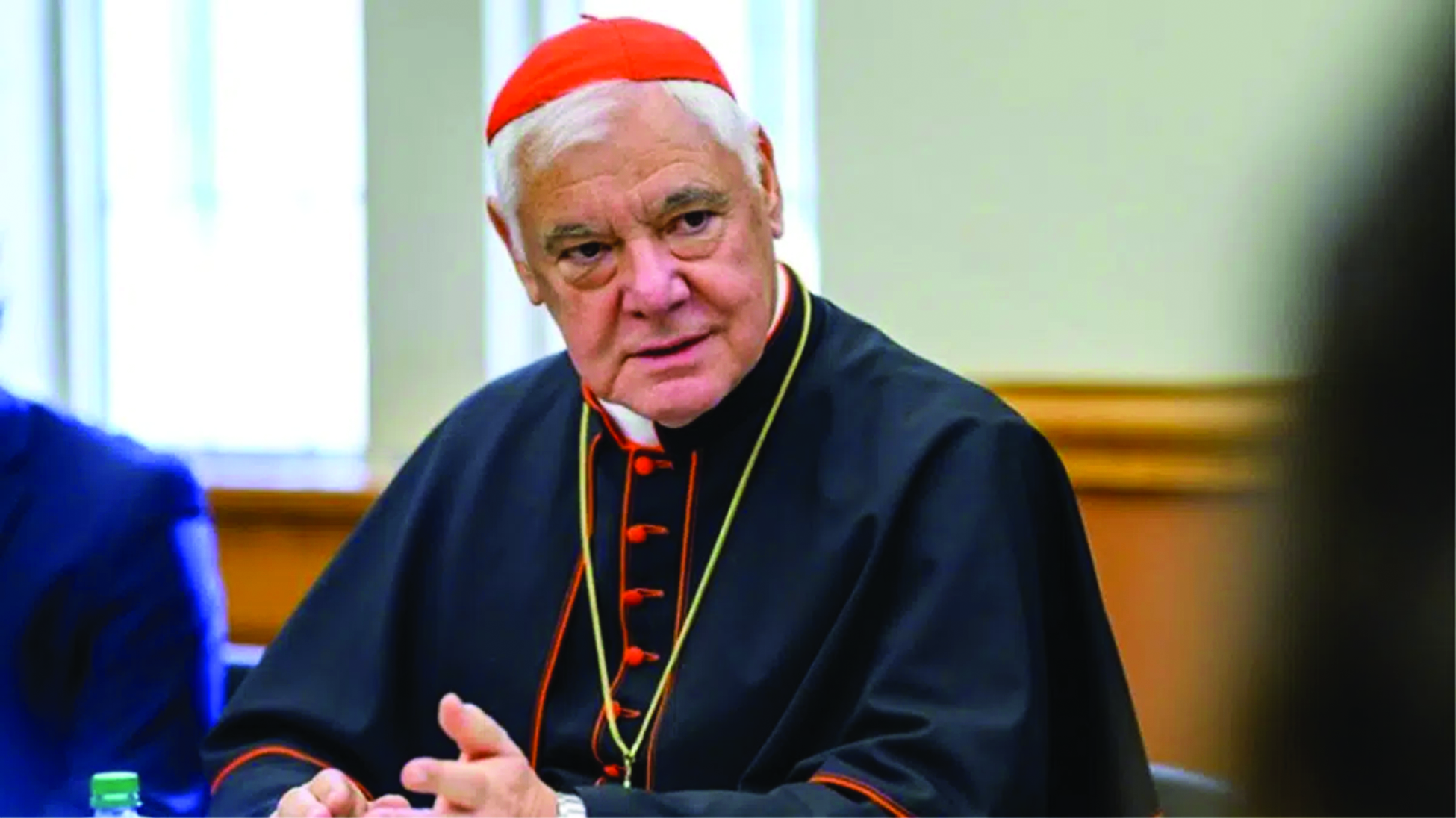
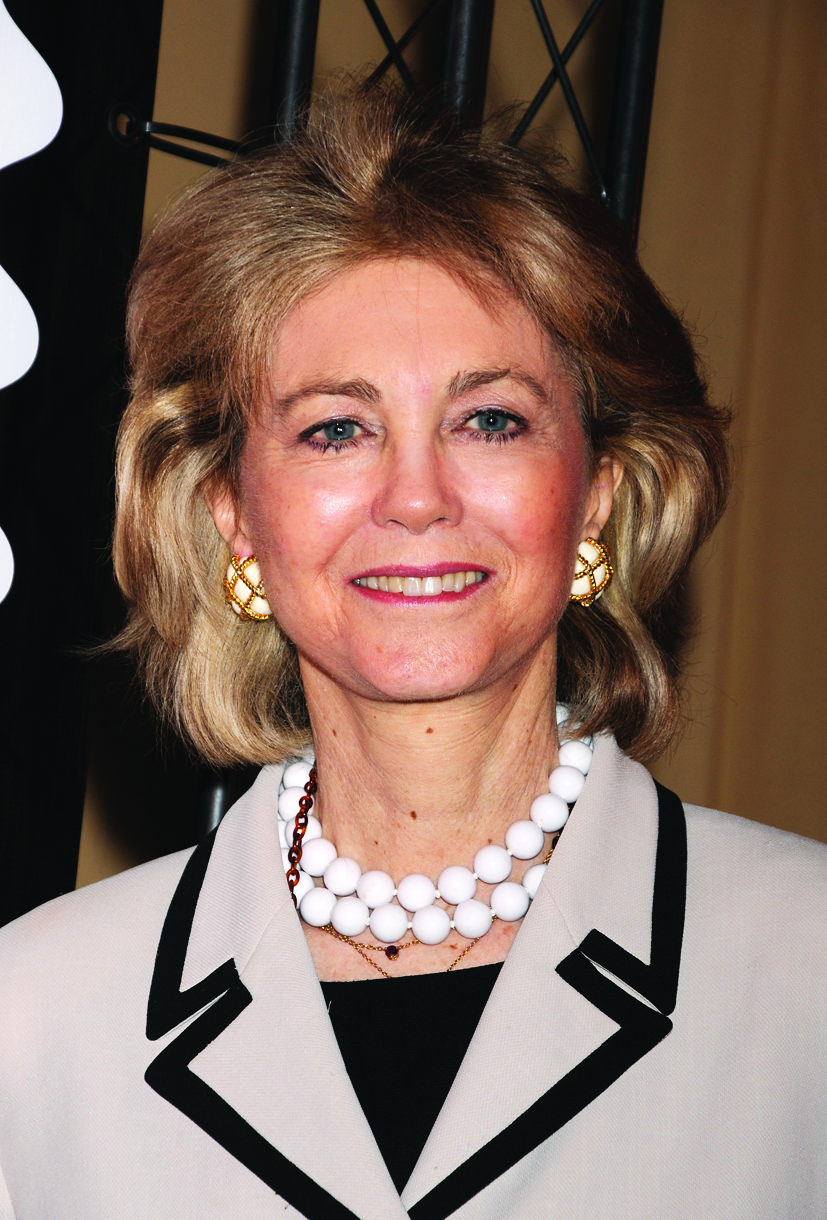
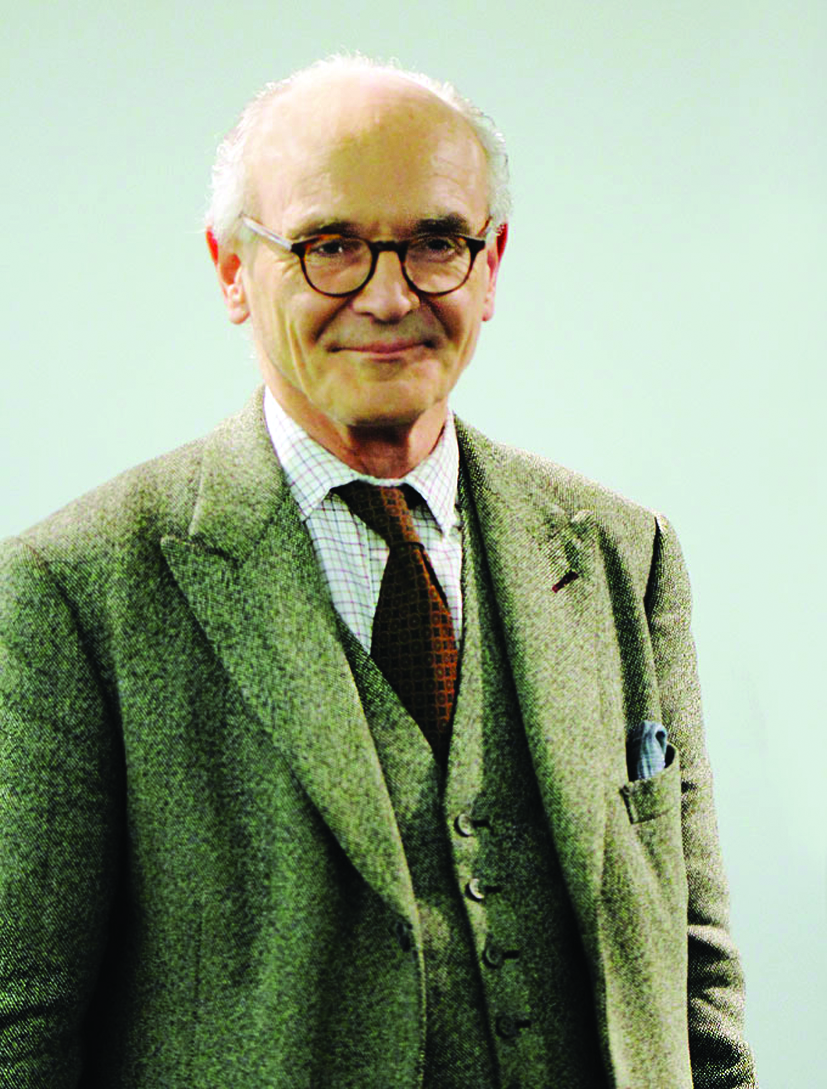
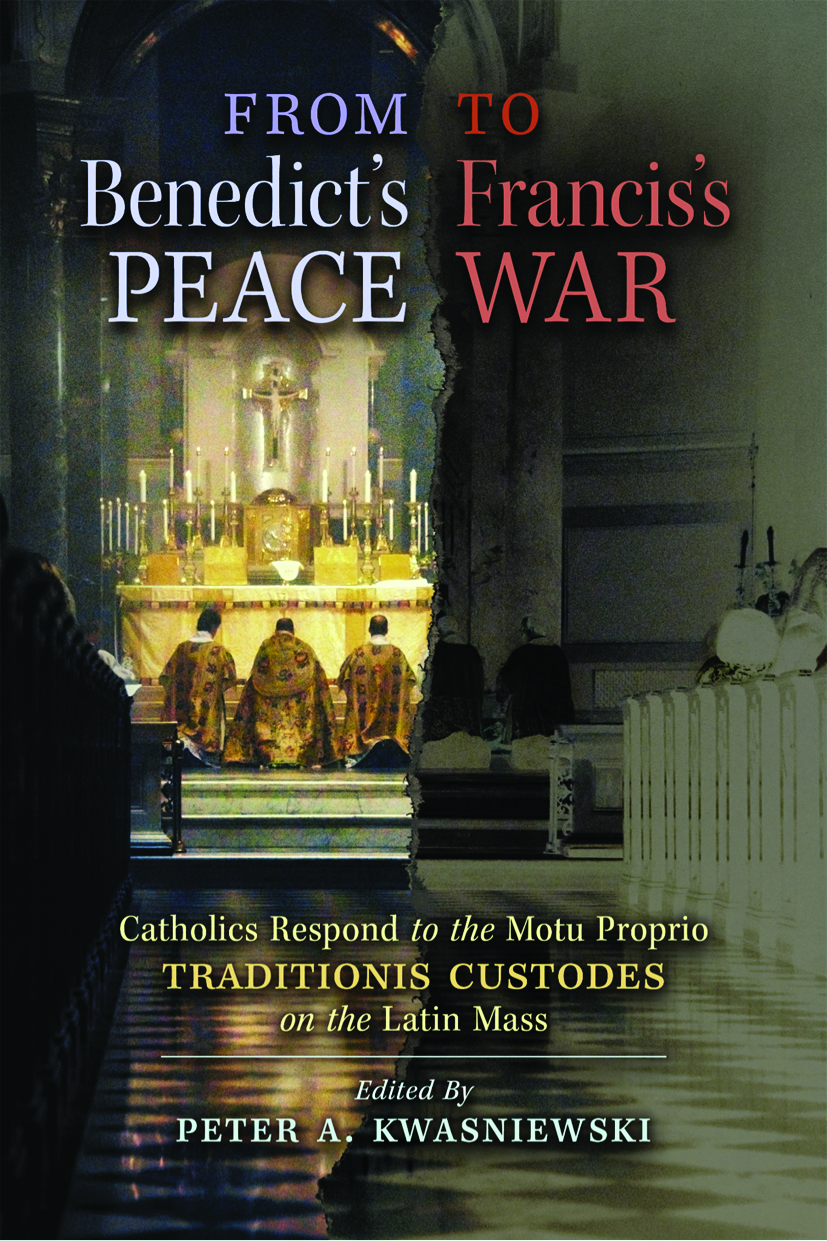
Facebook Comments